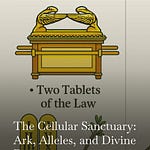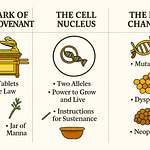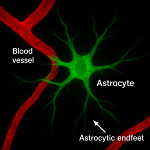The Conflict: Waste vs. Worship
The conflict originates with the accuser’s economic worldview, which challenges lavish acts of devotion. When love is poured out, the question that echoes is
“Why this waste?” — Matthew 26:8.
The world labels the act as foolish and wasteful because it highlights the cost... Specifically,
“The message of the cross is foolishness to those who are perishing, but to us who are being saved it is the power of God.”— 1 Corinthians 1:18 (NIV).
However, the heart understands that true sacrifice is Not economics—remembrance. Not logic—love. Love is poured out, not wasted. What the world calls waste, heaven calls worship.
Examples of Sacrificial Transformation
This transformation is illustrated by several acts where value is placed on honor and devotion rather than preservation:
1. Mary’s Anointing: When Mary anointed Jesus with a jar of perfume worth a year’s wages, Judas protested, asking,
“Why wasn’t this sold?”— John 12:5.
Jesus, however, called the costly act beautiful, recognizing it as a sacred preparation for His burial.
2. David’s Libation: David’s men risked their lives for water from Bethlehem, but David deemed it too holy to drink.
He poured it out before the Lord as an act of honor, declaring:
“Far be it from me, O Lord… Is it not the blood of men who went at the risk of their lives?” — 2 Samuel 23:17.
3. Paul’s Life: Paul viewed his life, spent in service to Christ, not with bitterness or regret, but as a sacred libation, stating:
“I am already being poured out like a drink offering.” — 2 Timothy 4:6.
4. The Martyrs: The ultimate sacrifice of the martyrs, shedding their blood to bear witness rather than preserving their lives, is viewed as waste by the world but worship by heaven.
The Centerpiece of Sacrifice
The ultimate example of waste transformed into worship is God’s central act of pouring out His most precious treasure—His Son. Prophecy states:
“He poured out His soul unto death…” — Isaiah 53:12.
While the world saw waste in this act, Heaven saw worship. This sacrifice is the foundation of salvation, confirming that
“In Him we have redemption through His blood, the forgiveness of sins, in accordance with the riches of God’s grace that He lavished on us. With all wisdom and understanding,” — Ephesians 1:7–8.











